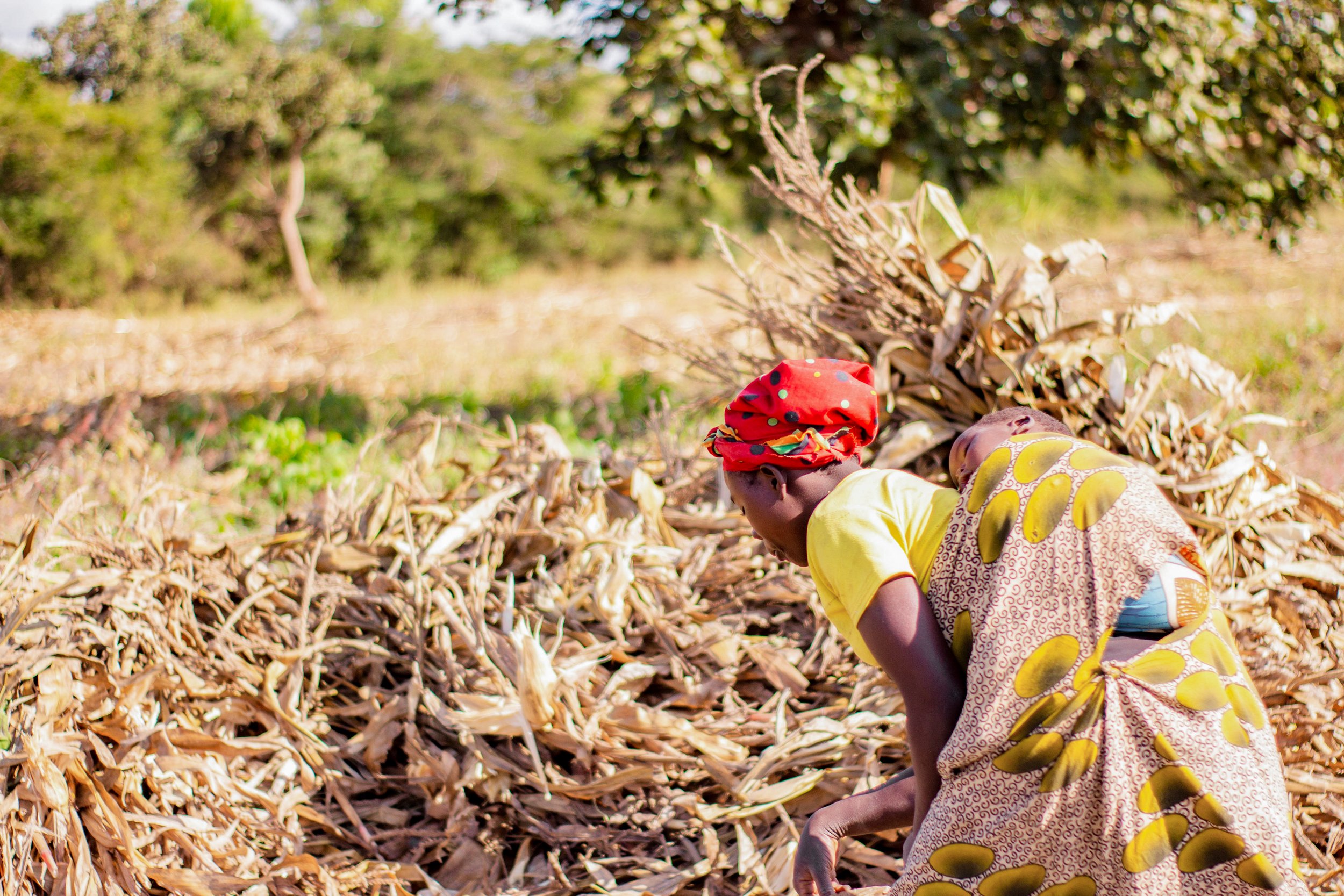
The Problem
An Education Crisis

More than two-thirds of Malawi’s population lives in extreme poverty. While education can break the cycle of poverty, it is also unattainable to the 66% of people who seek to survive on less than a staggering $1.70 a day.
Access to education is the #1 problem in Malawi. Some of the real life issues in school that create barriers to quality education include:
Severe overcrowding in public schools
Lack of school supplies and technology
High-cost of secondary and university
Inadequate resources
Education Crisis
When education is not an option, the pressure to marry young is extremely high. By the time a young girl turns 18, 46% are already married and have started families. Abandonment and divorce are often the result of these young marriages. The pressures of poverty leave one in four women as single mothers.
Our Impact
For many young Malawian women, education is not an option because of the barriers they face. Good Soil Partners eliminates these barriers through Good Soil Academy and the Good Soil Scholarship Fund. Good Soil Academy provides a safe, nurturing environment where young women receive a world-class education, biblical entrepreneurship training, leadership training, skills acquisition, and spiritual discipleship. Our goal is to create the next generation of godly leaders for Malawi who honor God, live generous lives, add value to others, and always do the right thing. Every dollar you give to the Good Soil Scholarship Fund is used for room and board and tuition scholarships for impoverished students at Good Soil Academy.

